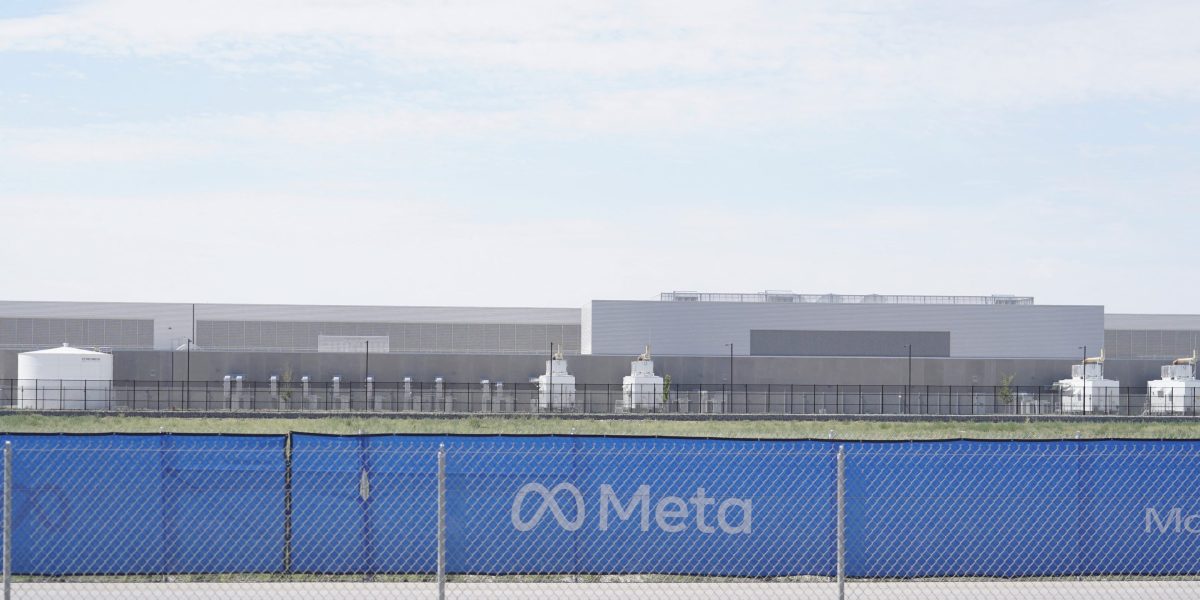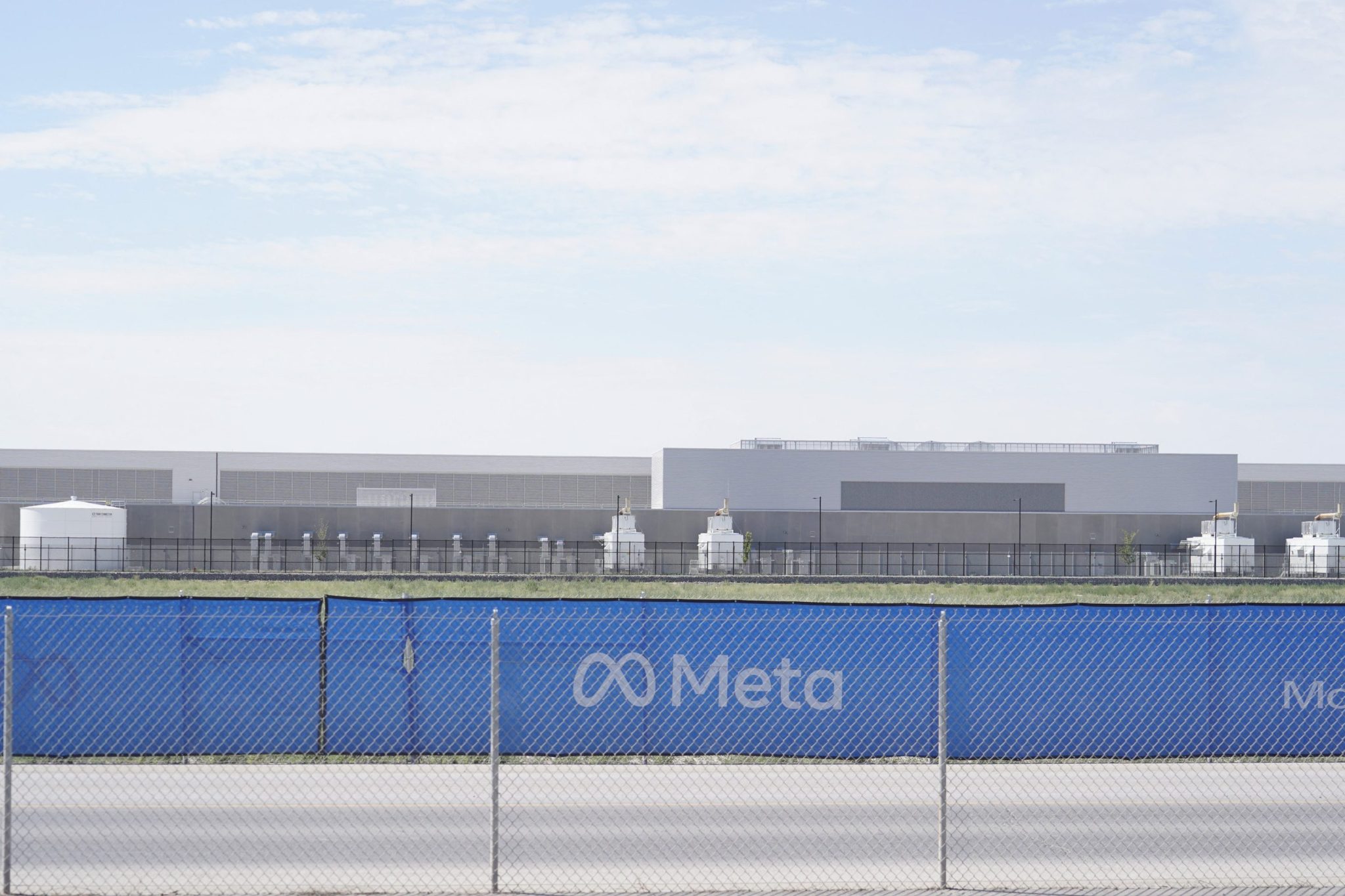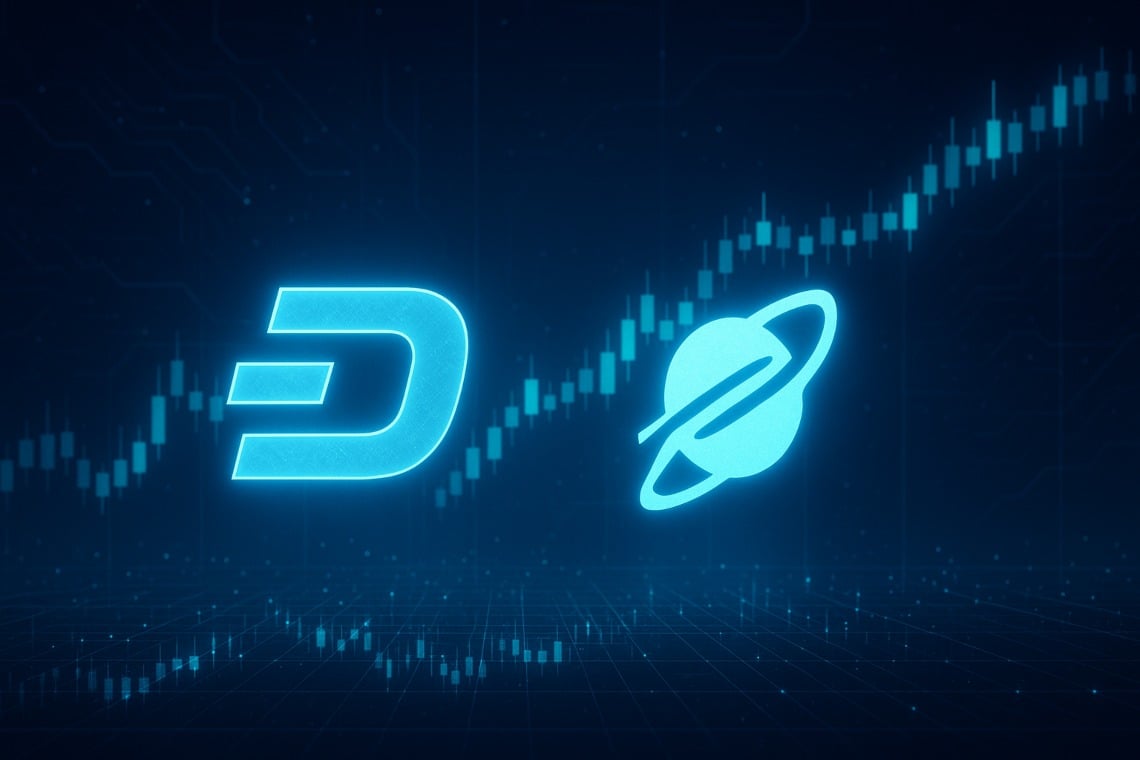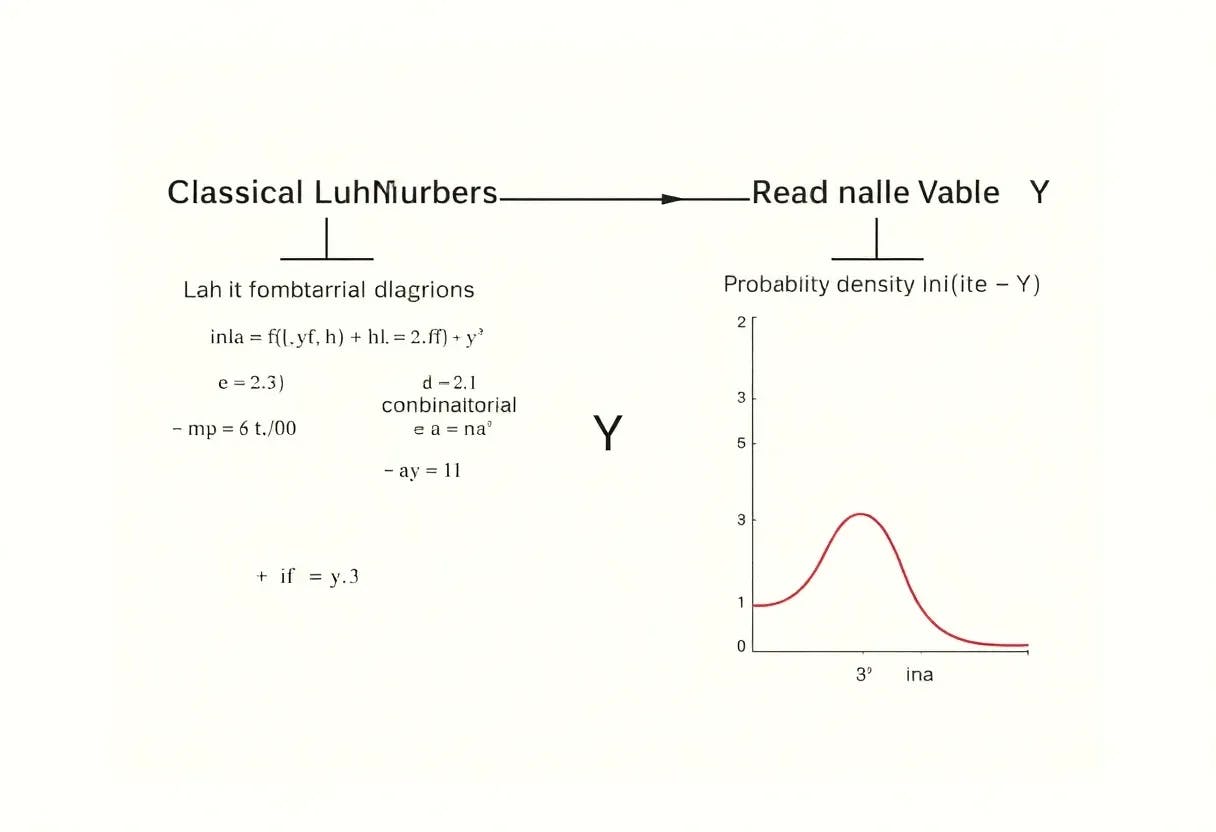Meta’s $27 billion bet turns AI compute into Wall Street’s hottest new investment


Are data centers the new REIT? Not quite — but Meta’s new mega–data center in northeast Louisiana marks what one expert calls a “decisive shift” in how hyperscalers finance the AI era: by turning data centers into a new investable asset class.
“This is where capital markets meet compute,” said Sean McDevitt, a partner at management consulting firm Arthur D. Little, which provided commercial due diligence advice to Meta.
Traditionally, tech giants like Meta, Google, and Microsoft have funded their data center buildouts directly. This time, Meta is partnering with Blue Owl Capital, a private-credit investment firm, on the $27 billion data center known as Hyperion. As reported by The Wall Street Journal, Blue Owl owns 80% of the project, while Meta holds 20%, operating and leasing the facility long-term. BlackRock bought more than $3 billion of bonds that the joint venture (dubbed Beignet) issued last week to finance the project, in a sale arranged by Morgan Stanley.
The deal stands out for its scale—the largest private-debt offering ever—and for its A+ rating from S&P, which reflects Meta’s backing of the project (albeit with just a single agency rating). Yet the debt had a yield of 6.58% at issue, a level closer to high-yield, or “junk,” bond territory.
That structure allows Meta to build its data center without putting the full $27 billion of debt on its own balance sheet. The approach—known as a special-purpose vehicle (SPV) or off–balance-sheet financing—is largely new territory for hyperscale infrastructure.
“By being able to access outside capital, you’re not limited to your own free cash flow generation,” McDevitt said. “You’re bringing on investors with return profiles on an infrastructure-type investment that allows companies to build bigger, larger, quicker, and faster.” He compared it to taking out a mortgage: you can buy a bigger house—or, in this case, build more data centers—by borrowing instead of paying cash up front.
McDevitt believes the Hyperion deal could become a template for the industry. He estimates that roughly $150 billion in AI-driven data center construction is coming in the next few years. If other hyperscalers—Microsoft, Google, Amazon, and OpenAI among them—adopt similar models, capital markets rather than tech companies themselves will effectively fund the infrastructure of the AI era. “This is replicable,” he said, though he cautioned that it remains to be seen how the project performs in practice.
“Now what has to happen? Meta has to build this thing, then put workloads in it and operate under the presumption that they’ll monetize those computing loads driven by AI in the future,” McDevitt added.
That is precisely where criticism of the deal lies: According to Global Data Center Hub analysis, “If AI workloads or margins stumble, these SPVs could echo the dark-fiber overbuild of the 1990s vast capacity sitting idle while debt remains outstanding.”
Still, for now, there’s no reason to think other major banks won’t try the same thing, said McDevitt. “Why wouldn’t others look to mimic [this deal]?”
Sharon Goldman
X: @sharongoldman
Email: sharon.goldman@fortune.com
Submit a deal for the Term Sheet newsletter here.
Joey Abrams curated the deals section of today’s newsletter. Subscribe here.
VENTURE DEALS
– Legora, a Stockholm, Sweden-based developer of a collaborative AI platform for lawyers, raised $150 million in Series C funding. Bessemer Venture Partners led the round and was joined by ICONIQ, General Catalyst, Redpoint Ventures, Benchmark, and Y Combinator.
– EnduroSat, a Sofia, Bulgaria-based satellite-as-a-service company, raised $100 million in funding from Riot Ventures, Google Ventures, Lux Capital, and others.
– Archy, a San Jose, Calif.-based AI-powered platform designed to automate processes for dental practices, raised $20 million in Series B funding. TCV led the round and was joined by Bessemer Venture Partners, CRV, Entrée Capital, and others.
– Indomo, a Boston, Mass.-based developer of an injectable therapy for acne, raised $25 million in funding from Atomic, Foresite Capital, Polaris Partners, and others.
– PACT, a Cambridge, U.K.-based developer of biomaterials from natural resources, raised $20 million in Series A funding. Forbion and HV Capital led the round and were joined by existing investors.
– The Mobile-First Company, a Miami, Fla.-based developer of an AI suite designed to replace legacy business software for small teams, raised $12 million in seed funding. Base10 and Lightspeed Venture Partners led the round and were joined by others.
– SalarySe, a Haryana, India-based financial wellbeing platform, raised $11.3 million in Series A funding. Flourish Ventures led the round and was joined by Susquehanna Asia VC and others.
– Bevel, a New York City-based AI health companion, raised $10 million in Series A funding. General Catalyst led the round and was joined by others.
– CUE Labs, a Zug, Switzerland-based developer of an open source configuration language, raised $10 million in funding. Sequoia Capital and OSS Capital led the round and were joined by Founders Fund, Dell Technologies Capital, and angel investors.
– Human Health, a Sydney, Australia-based precision health platform, raised $5.5 million in funding from LocalGlobe, Airtree, Skip Capital, Aliavia, Scale Investors, and angel investors.
– VeroSkills, a Birmingham, Ala.-based AI-powered hiring platform, raised $5.3 million in funding. Yonder Ventures, Circadian Ventures, and Motivate Ventures led the round and were joined by others.
PRIVATE EQUITY
– Ping Identity, backed by Thoma Bravo, agreed to acquire Keyless, a London, U.K.-based developer of biometric authentication technology. Financial terms were not disclosed.
EXITS
– Boyd Group Services agreed to acquire a majority stake in Joe Hudson’s Collision Center, a Pike Road, Ala.-based collision repair company, from TSG Consumer, for $1.3 billion.
– Coats Group acquired OrthoLite, an Amherst, Mass.-based insole company, from Trilantic North America. Financial terms were not disclosed.
PEOPLE
– BITKRAFT Ventures, a Denver, Colo.-based venture capital firm, hired Dani Tran as principal. Previously, she was with Konvoy.





